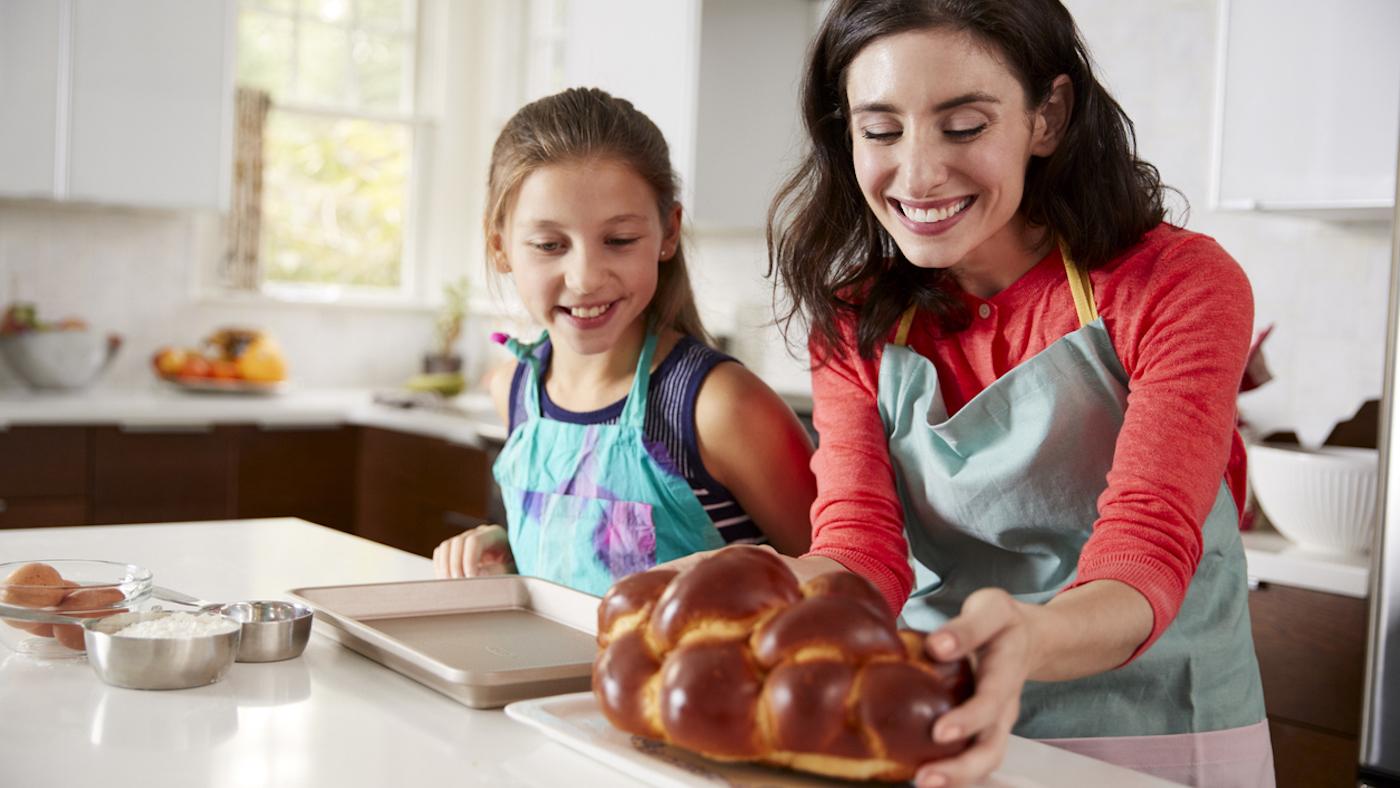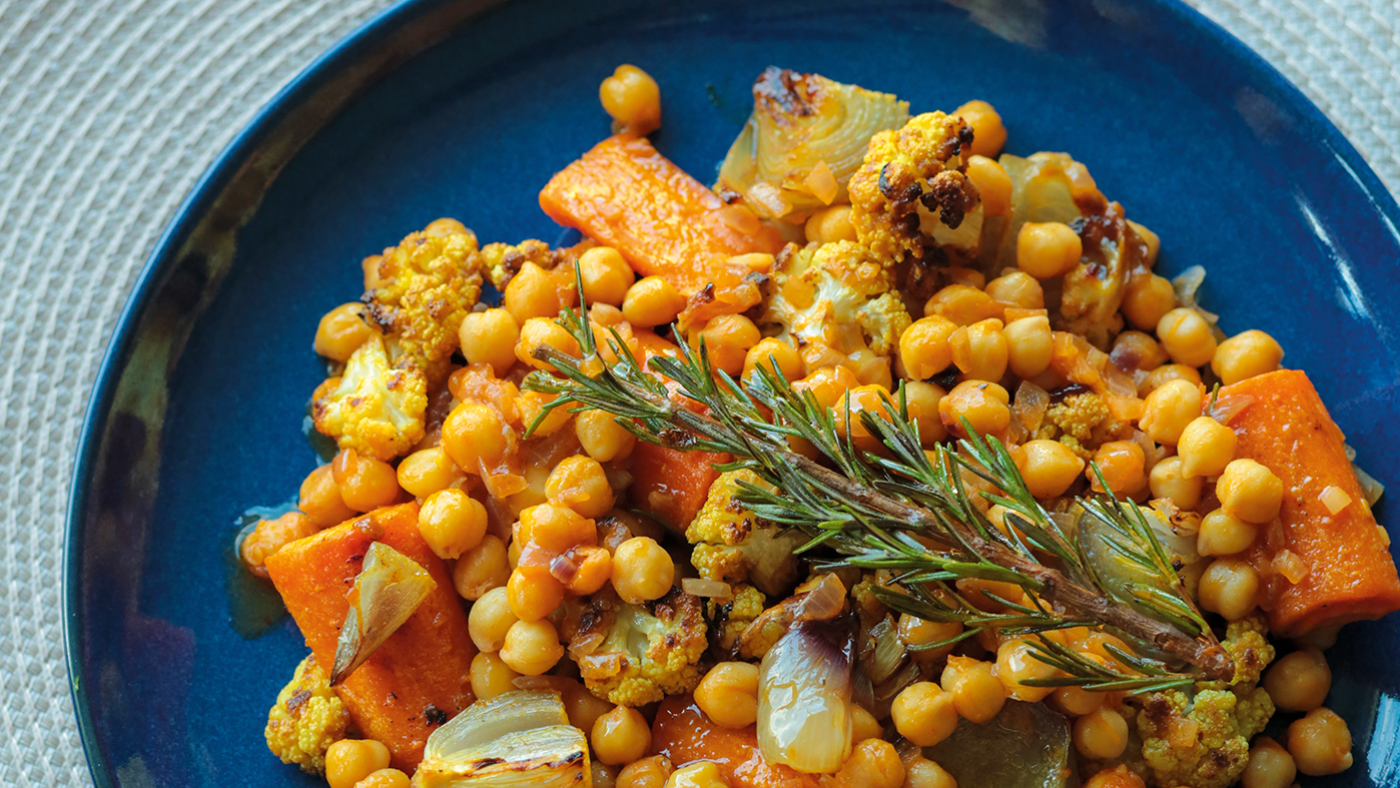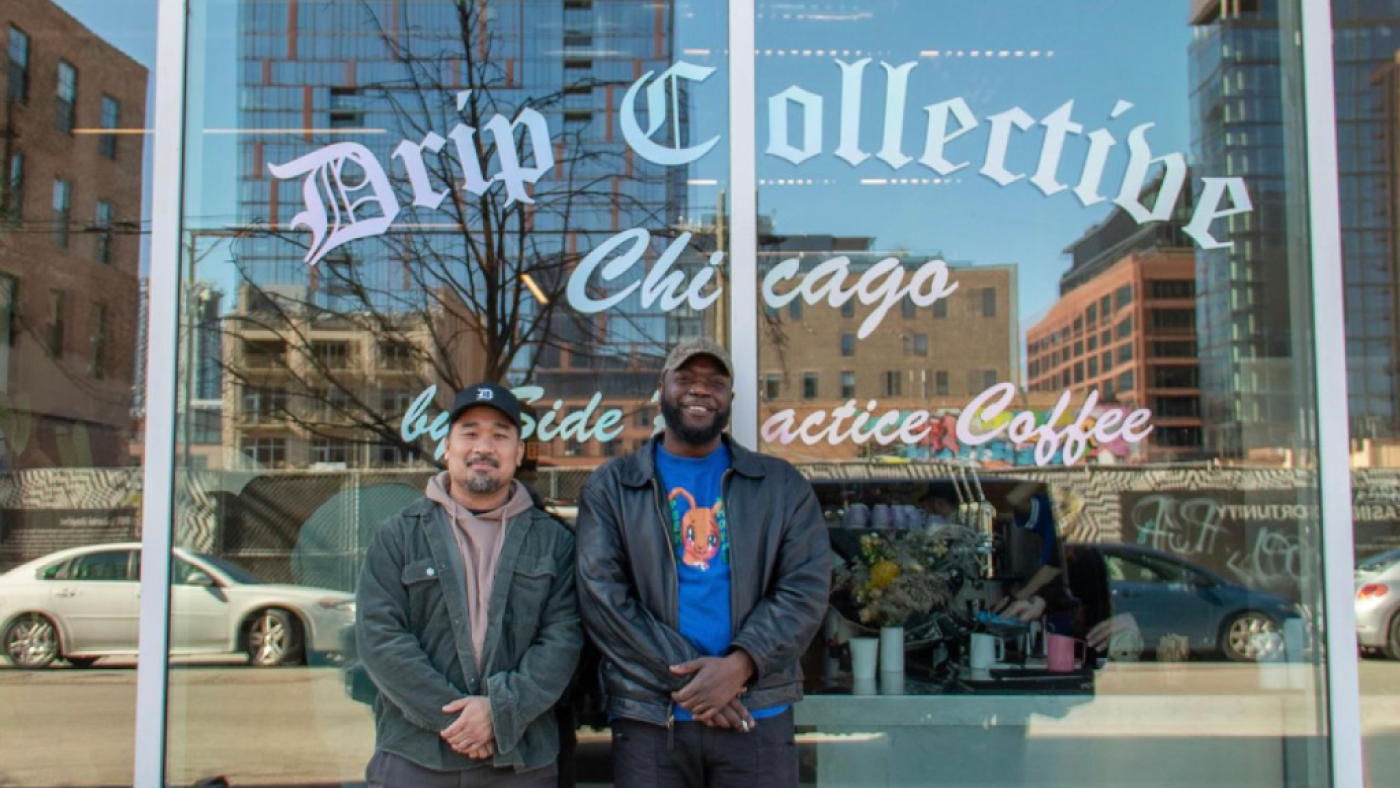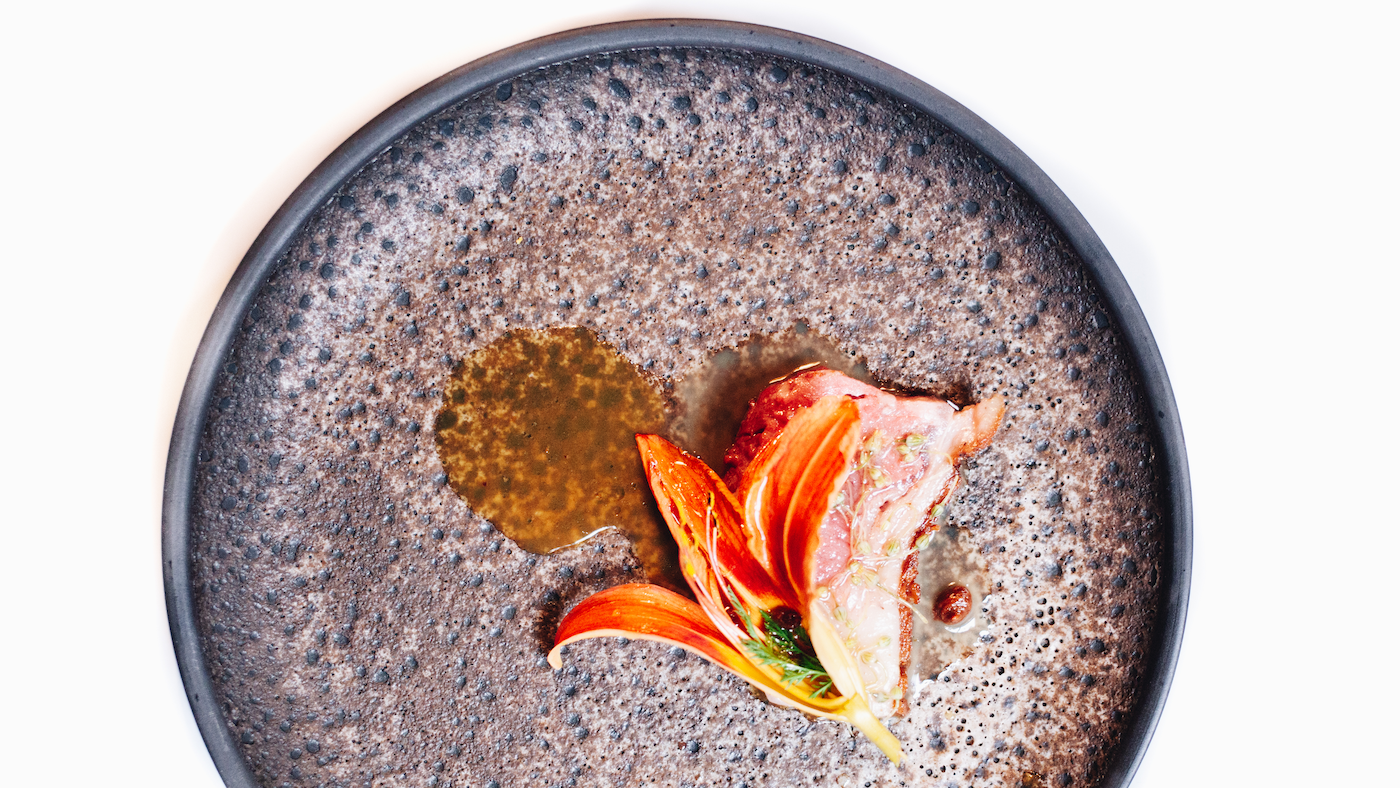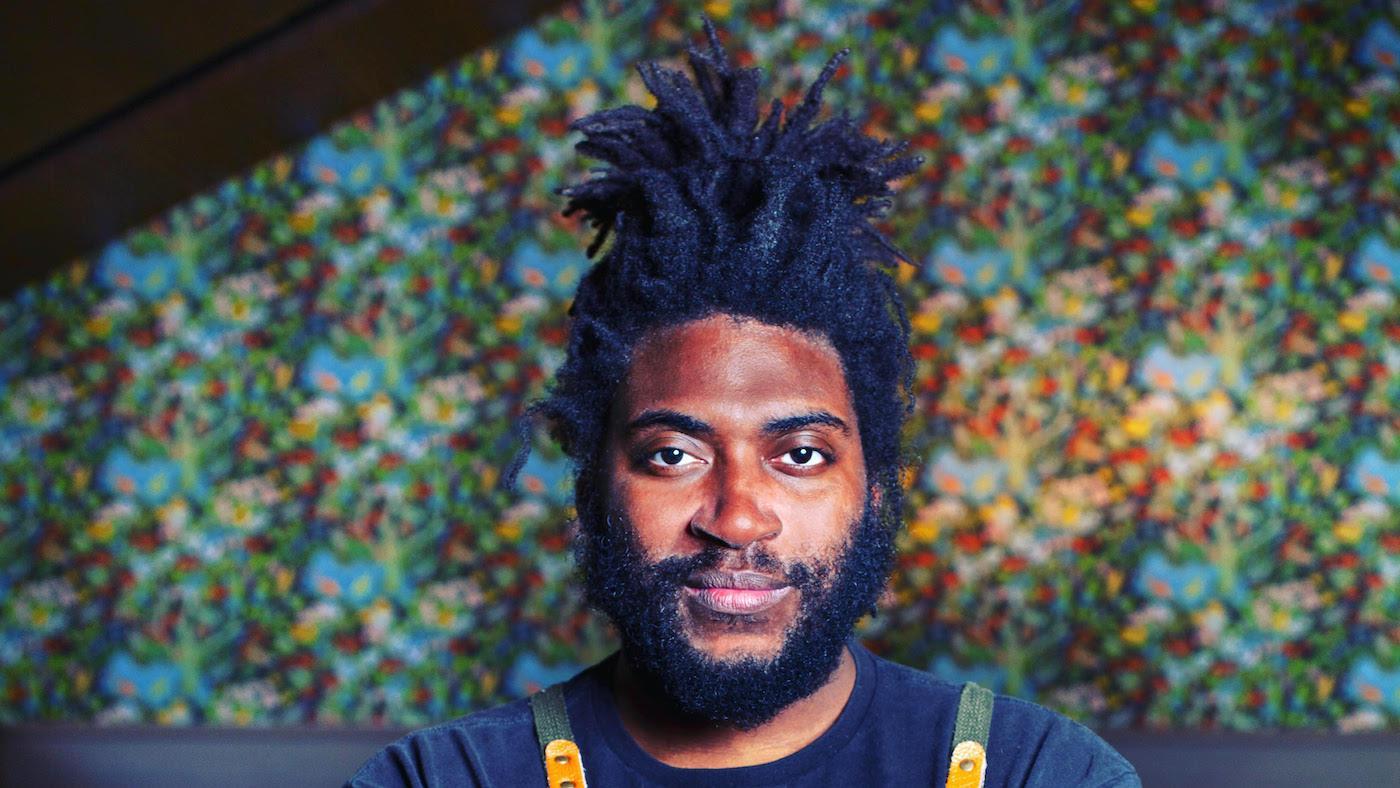"It's a Man's World," But the Lawless Sisters Have Found Success in the Restaurant Industry
Daniel Hautzinger
March 17, 2023
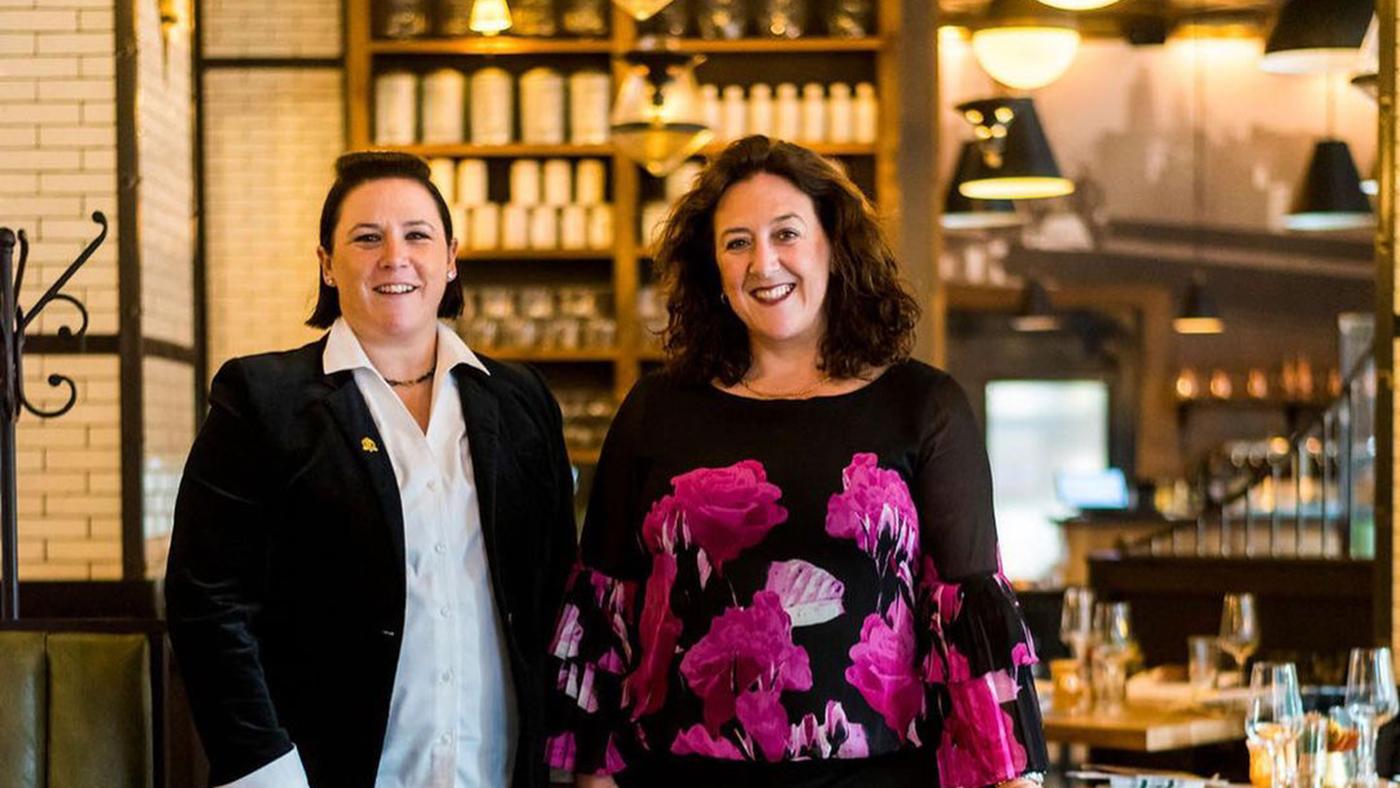
Get recipes, food news, and stories by signing up for our Deep Dish newsletter.
March is an important month for the Lawless sisters, owners of The Dearborn restaurant in the Loop. Women’s History Month gives them an excuse to spotlight beverage brands owned or managed by women or led by a woman master distiller or blender on a special cocktail menu (including their own Dearborn Gin, made in collaboration with the north suburban North Shore Distillery), while St. Patrick’s Day allows them to feature their native country of Ireland with shepherd’s pie, an Irish breakfast, and other specials—while also enjoying the crowds from the parade and dyeing of the Chicago River.
March also contains the less festive Equal Pay Day, the date until which the average American woman must work to make the same as the average American man made in the previous calendar year. In 2023, it fell on March 14, meaning a woman had to work an extra 73 days to cover the gap in average wages and reach the annual salary of male colleagues.
That’s a statistic that incenses Clodagh Lawless, as does another she comes armed with on Equal Pay Day: the United States is one of only seven countries in the world that does not mandate some paid maternity leave. “I just don’t understand [how that is possible in] this day and age, 2023,” she says, calling the issue “something really close to my heart.”
She and her sister Amy pride themselves on the culture they have created at The Dearborn, which offers paid family leave to both mothers and fathers on their 130-person staff.
Clodagh, the elder sister, handles the accounting and business side of the restaurant. “Clodagh is the brains—so she thinks,” says Amy with a laugh. Although Amy lets her sister take the lead in conversation, she is the one who works the floor, greeting and chatting with customers and managing the front-of-house operations. “She’s the politician,” says Clodagh. “She goes around and shakes hands and kisses babies, and knows so many people.”
“I think we balance each other out,” Amy adds. “We really are fortunate in that aspect.”
The sisters consistently mention how fortunate they have been in their careers—call it the luck of the Irish, or, perhaps, humility. The Dearborn’s top team—chef, pastry chef, general manager, and assistant general manager/beverage director—have all been with the restaurant since within a year of its opening in 2016.
“We were very fearful during COVID that we wouldn’t have the same team—or any team,” says Clodagh. “We’re very lucky that they all decided to stay in the industry and to come back and work for us.”
Plenty of workers didn’t return to the food industry after the pandemic, leaving many restaurants struggling with staffing, and also spurring a now years-long conversation about how to improve the often grueling restaurant industry. The difficulty of having children and continuing to work in the industry, with its long, late hours, lack of holidays, and common lack of paid parental leave, is just one barrier—one with which the Lawless sisters, both mothers, are familiar.
“You give up all your nights and weekends. Mother’s Day, Father’s Day, Christmas, Easter: they’re all really busy days for us,” says Clodagh, who credits her “great spouse” with helping her navigate raising two young boys while she operates a high-volume restaurant.
Amy’s wife is an emergency room doctor with an equally punishing schedule, so they rely on a nanny for their two children, as well as a management team at The Dearborn that allows Amy to go home in the evenings to put her children to bed instead of closing the restaurant, or to sneak out for lunches.
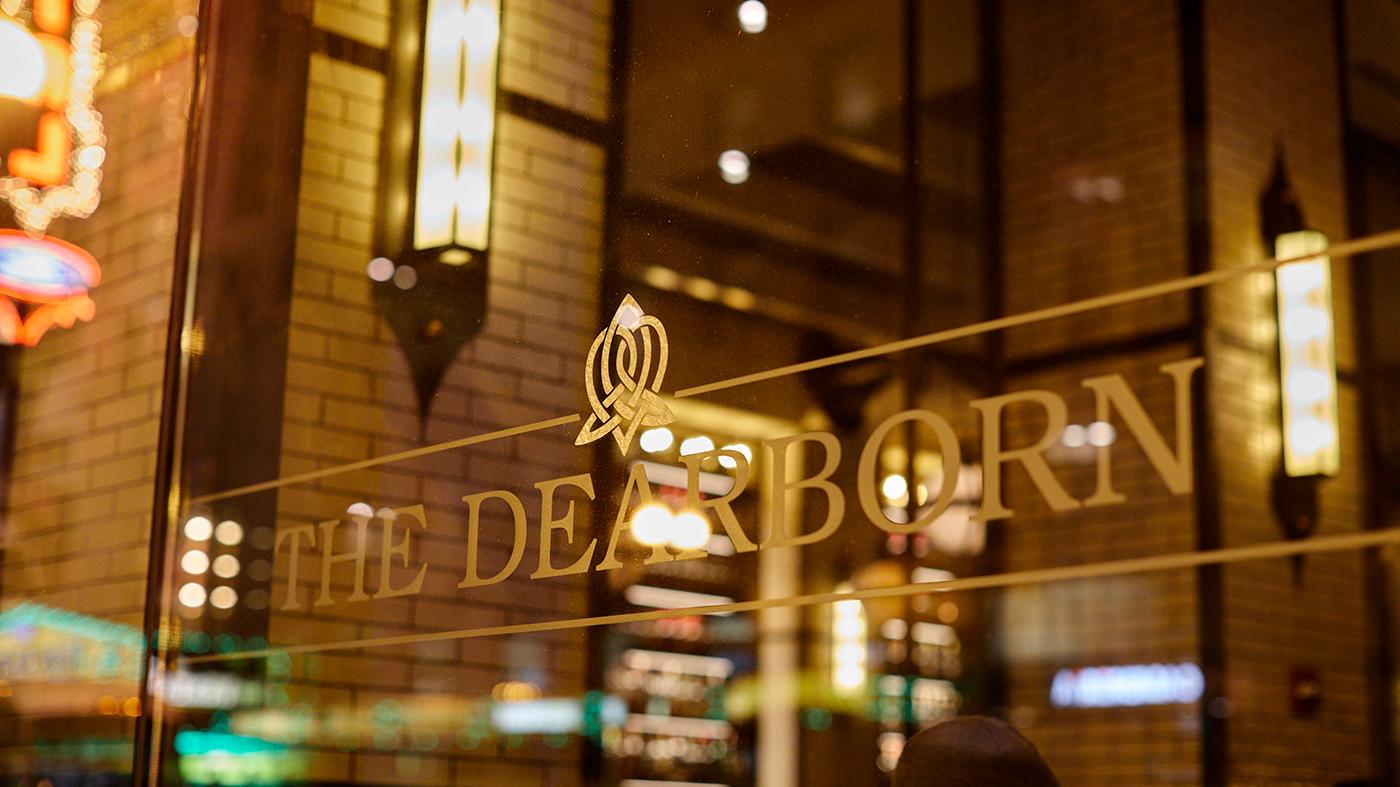 The logo of The Dearborn is a Celtic knot symbol for sisters. Photo: The Dearborn
The logo of The Dearborn is a Celtic knot symbol for sisters. Photo: The Dearborn
For all the difficulties of raising a family while working in restaurants, for the Lawlesses, the restaurant business is a family business. “It’s in our blood,” Clodagh says. Their parents owned pubs, restaurants, and a hotel back in their native Galway, and the whole family worked in the businesses. A “work ethic was instilled in us without us knowing it,” says Clodagh. “You just went and you worked in your family business, and that’s what you did.”
Both sisters came to love the restaurant business, and have worked in it most of their lives. When Clodagh finished college in Galway, she decided to spend a year in America and settled in Chicago. During that year, Amy won a rowing scholarship to Boston University, and the whole family soon decided to follow the sisters to the U.S. “By the time I was, ‘Okay, I need to grow up and get a job,’ Mum and Dad had sold everything [to come] and live here,” Clodagh says with a smile.
Clodagh and her dad, Billy Lawless, Sr., opened a pub in Wrigleyville called The Irish Oak, when she was 24. “He was obviously the financial back-up there, but literally, I did everything,” she says. “It’s a man’s world: everyone’s like, ‘Oh, he opened The Irish Oak,’ and I’m like, ‘No, I did! I did all that!’ But I couldn’t have done it without him and my mother’s financial backing.” Even Amy misallocates responsibility for the pub, according to Clodagh: when Amy says that their brother Billy, Jr., had helped open The Irish Oak, Clodagh quickly corrects her—Billy, Jr., only came to Chicago several months after the pub had opened. “We’re always Billy Lawless’s daughter or Billy Lawless’s sister,” Clodagh says. “I’m like, ‘Excuse me.’”
Amy joined The Irish Oak as a bartender after graduating from college, and was soon promoted by Clodagh to manager. The sisters’ parents “left us to our own devices, which was amazing,” says Clodagh, “and it got real, real quick.” Meanwhile, Billy, Jr., eventually branched off on his own, buying The Grafton in Lincoln Square before moving on to open The Gage across from Millennium Park and several other restaurants. (The Grafton closed in 2022, but Billy was no longer an owner.) “As we grew and evolved, so did our restaurant concepts,” Clodagh says. She and Amy sold The Irish Oak in 2009 and signed a lease on a new restaurant downtown, but it fell through.
“We were heartbroken, because then we had to go work for our brother,” she says with a teasing chuckle. “It was very hard to work in the business and not really have a title, when we always were the owners,” Clodagh says. “We weren’t the owners at The Gage, and we were very aware of that and very respectful of that and humble about it. It was just hard, while we were waiting for a spot like The Dearborn to come to fruition…But we couldn’t have opened The Dearborn without the experience that we garnered at The Gage,” given the huge differences in operating a Wrigleyville pub full of Cubs fans and a downtown restaurant frequented by office workers, theatergoers, and tourists.
“I wouldn’t have it any other way,” Clodagh says of working with her family. “We got to be with our family every day for our whole lives up until about two, three years ago,” when her parents moved back to Ireland after more than twenty years in Chicago. “It’s been a huge part of all of our success, how close we are not just work-wise, but outside of work as well,” Amy adds. “My sister couldn’t live without me,” she says with a wink.
The sisters refer to their staff at The Dearborn as a kind of family as well, and their pastry chef Julianna Westgor came from another family business: she had worked at The Gage prior to joining The Dearborn. Executive chef Aaron Cuschieri was a Top Chef contestant in 2013 before coming to The Dearborn, bringing along Gregory Samuels to become general manager. Cuschieri again braved the reality TV gauntlet in 2019, when he Beat Bobby Flay with his fish and chips, which are mainstays on the menu at The Dearborn.
Those and other modern tavern dishes are enough of a draw to fill The Dearborn’s ample, modern dining space even midday in the middle of a week, in a downtown that has yet to recover to pre-pandemic levels of office workers. “We know how lucky we are to have these amazing people working for us,” says Clodagh.
The sisters may soon be hiring more people, with plans to open a second restaurant that they aren’t ready to discuss. “There’s something—we’re waiting for confirmation,” says Clodagh. “Our vision is definitely to keep the momentum going of the great culture that we have at The Dearborn and definitely to open a second spot. We never thought we would say that during COVID—I hated the fact that I was even in the restaurant business. Of course, now I love it, and I couldn’t imagine doing anything else.”

